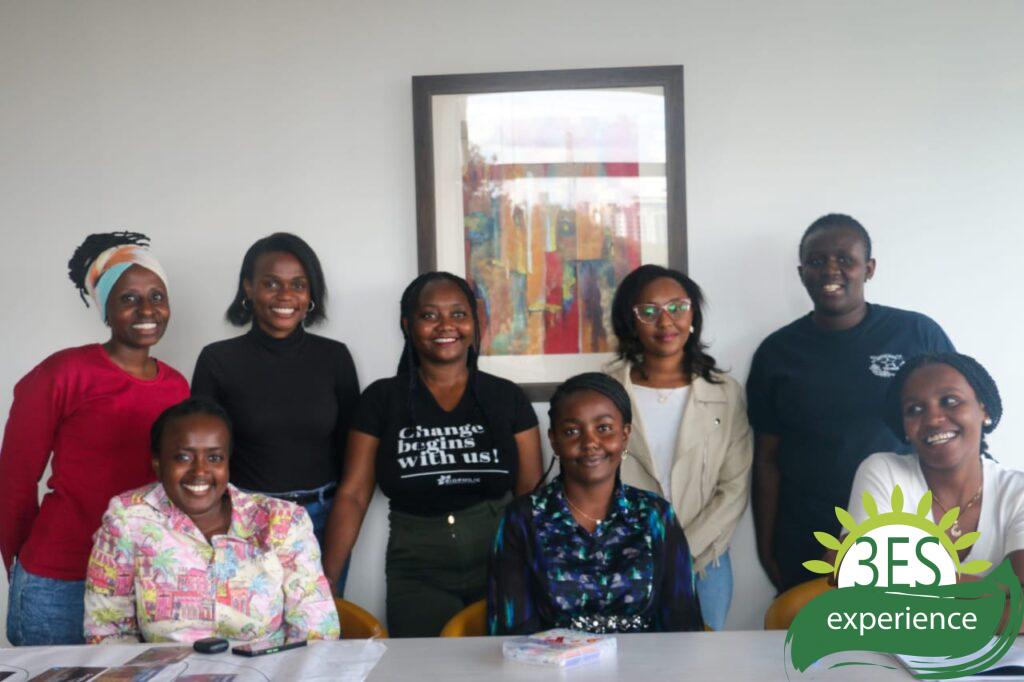Young people are the bedrock of Kenya’s population. The median age in Kenya is 19 years, compared to a global median age of 30 in 2019. The growing population means a growing demand for jobs and opportunities. This is an important factor that needs to be matched with the sectors that are lucrative and need human resources to deliver. Ambitious approaches are needed to address the scale of needs and challenges for the labor market.
Kenya, is on a trajectory to transition to a Low Carbon Climate Resilient develop pathway, which means the manufacturing, transport, agriculture and processing industries have to harness technology and innovation to reduce their Greenhouse gas emissions. The interventions will require not only expertise but also financial resources to achieve this. This provides a great opportunity for young people to be part of the process.
The Kenyan youths face huge skills deficit and gaps. The challenges, include, some working on opportunities that are periodic and short term This makes them work in poor quality jobs, and opportunities that are not aligned to their expertise. The youth programs also tend to be segregated making collaboration and coordination difficult eventually reducing their effectiveness. This also brings a wider gap in terms of multi stakeholder engagement, support and development partners financing.
It is important for the youth to participate in programs that provide skill training or offer grants for start-ups. This will enable them to have skills that are relevant, upskill their effectiveness, overseas employment and comprehensive programs. The Stakeholders can also provide a holistic, centralized and coordinated framework to support policy engagement and promote partnerships. The coordination will enable the removal of regulatory barriers and entry restrictions that might limit growth through competition and inefficiency.

On this year’s World Youth Skills Day, as 3Es Experience we are on a mission to provide green skills and also harness technology and innovation to upskill the existing skillet. Our programs are inclined to promote green manufacturing in industries through capacity building and knowledge management. Through our sector-specific engagement, clean energy solutions are to be localized to ensure achievement of the last mile connectivity and have enough innovations to improve existing technologies. This will eventually lead to adoption and promotion of eco-solutions to create sustainable communities through empowerment approaches
